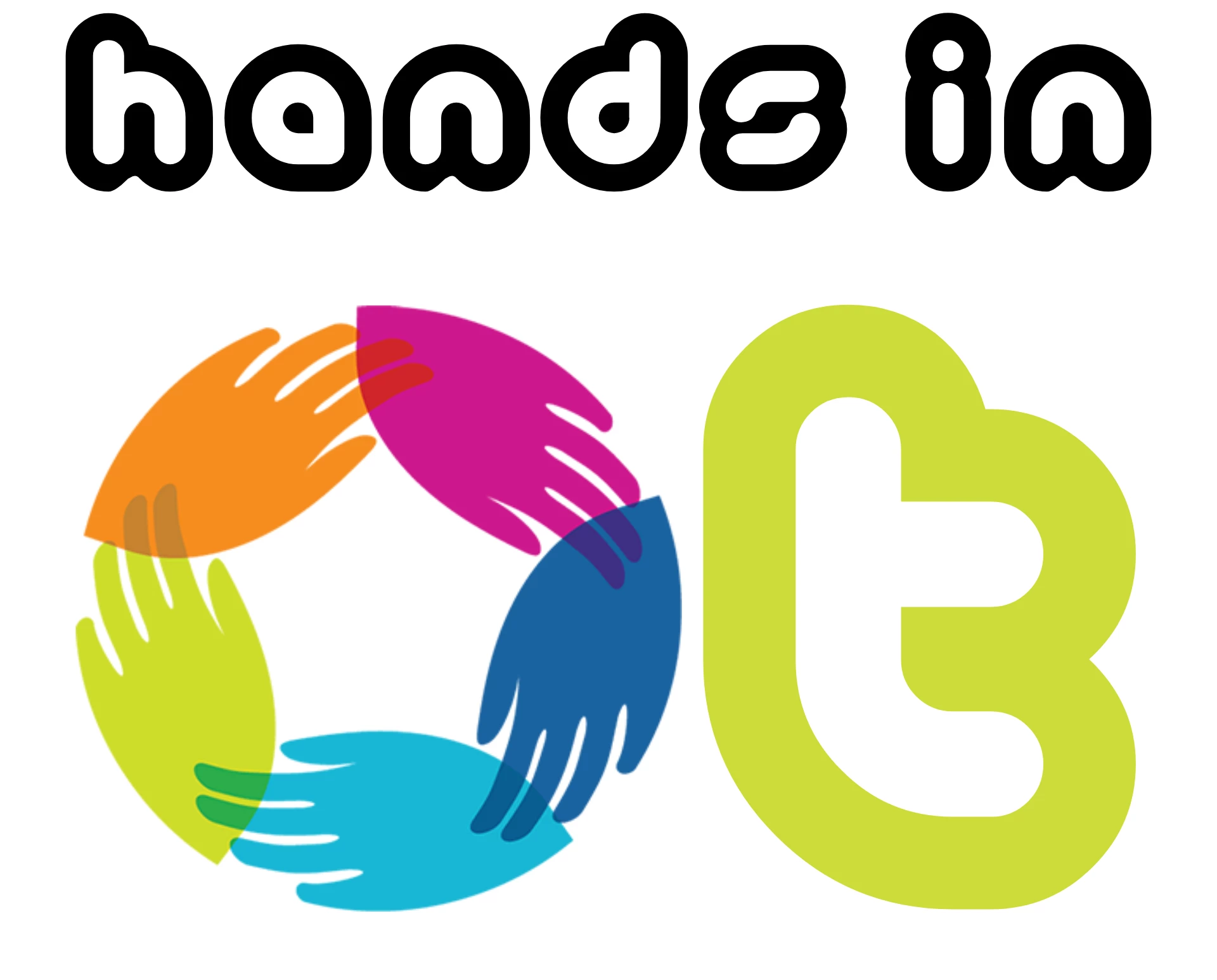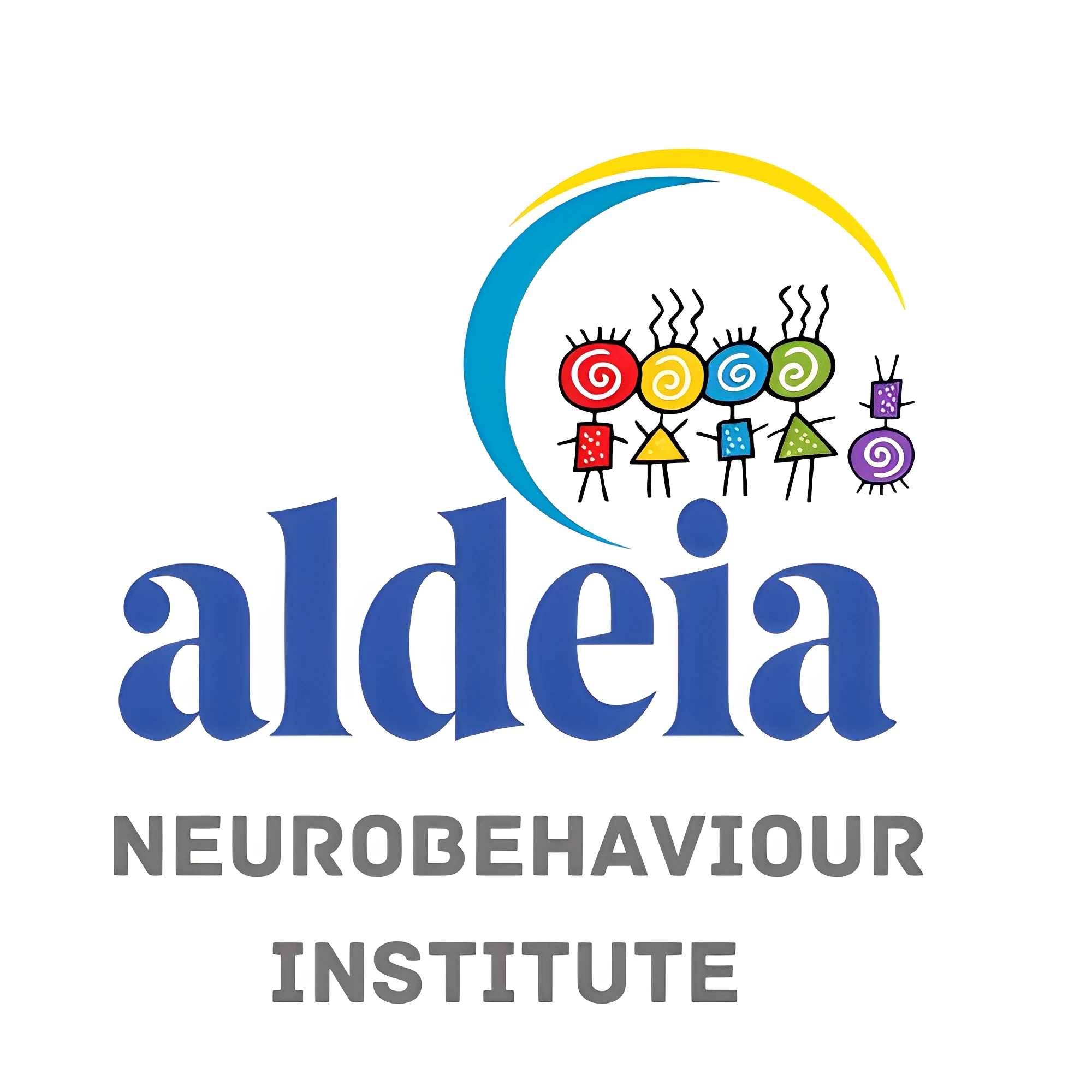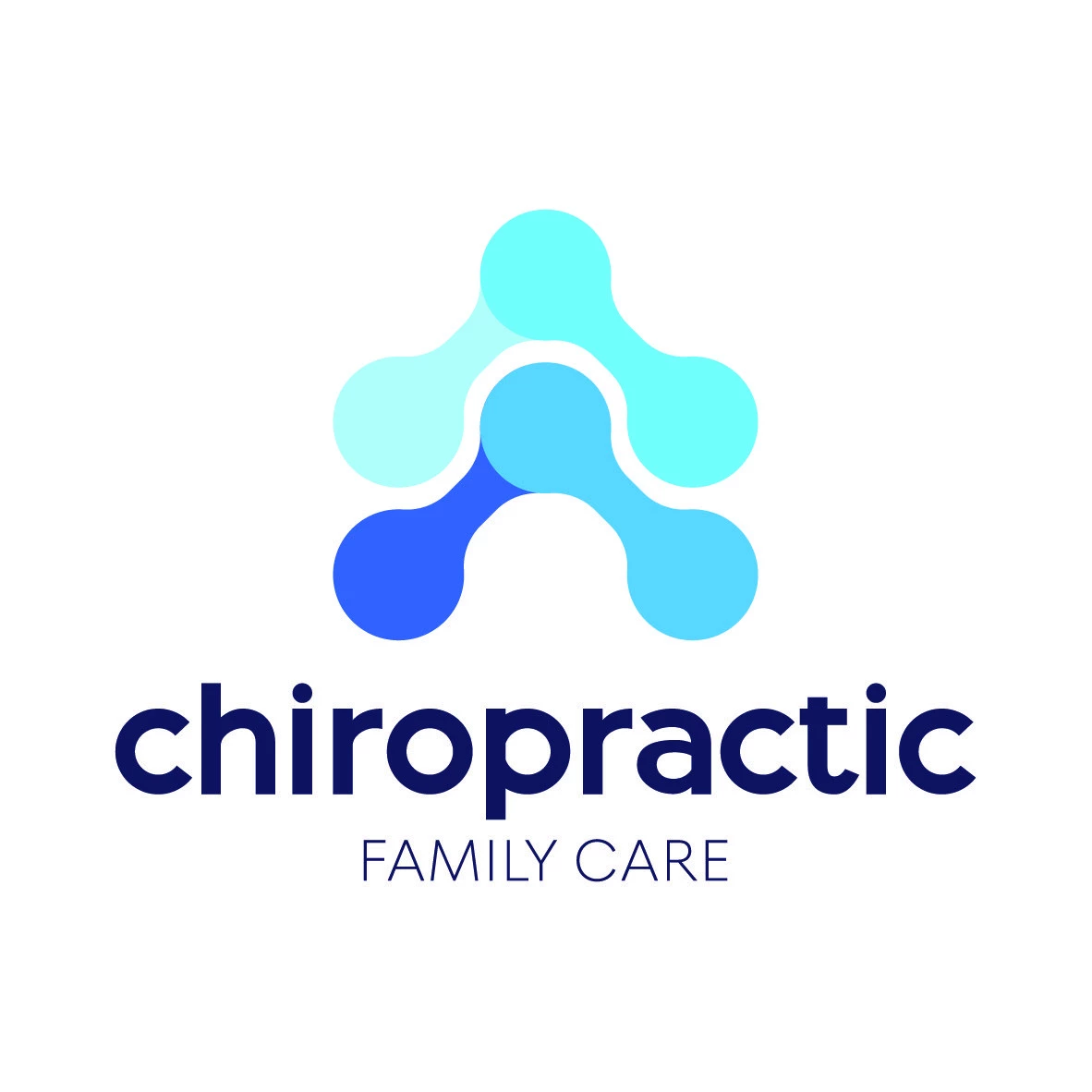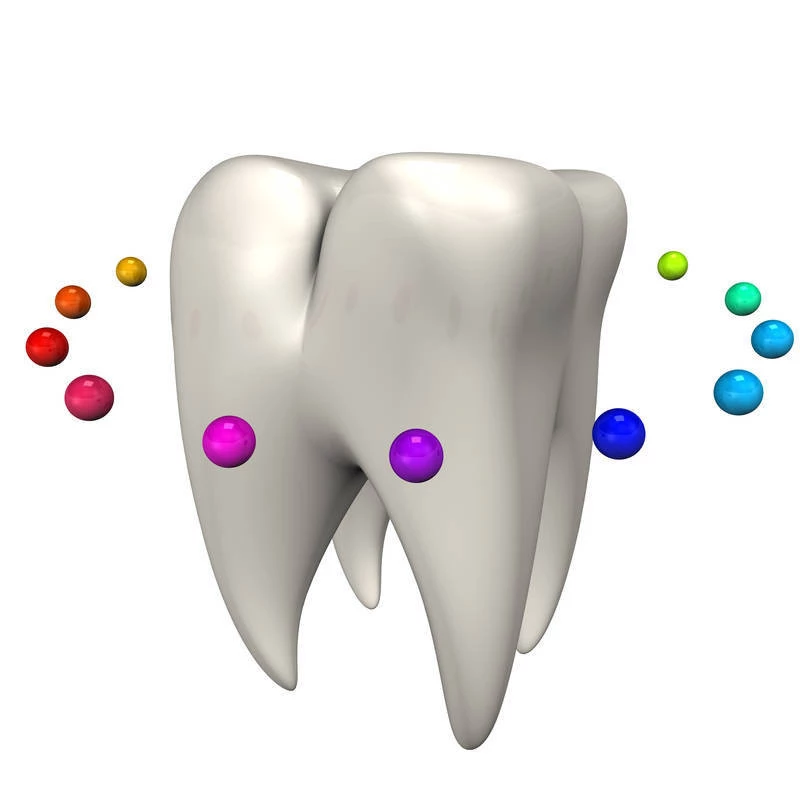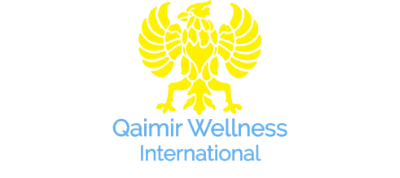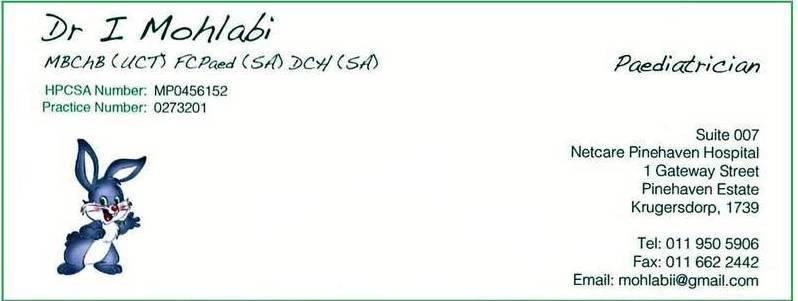
Body-mind therapists and how they can help you
Body-mind therapy works to heal deep-seated causes of pain and suffering in the body by exploring the intimate link between the psychological and the physical. Read on to find out some of the most important aspects of body-mind therapy and consider whether this holistic form of therapy may be right for you:
Read more
Bootcamp
More often that not, people tend to either choose cardio or strength without ever considering combining the two. Making sure you have a balance between both means that your fitness regime is more diverse and beneficial to your health as a whole. Mixing strength training and cardio is essential when it comes to getting results, ensuring that you are losing fat whilst replacing it with muscle.
Read more
Reflexology for Hormonal Balance: A Natural Approach to Skin and Mood
Incorporating reflexology into your wellness routine offers a natural and effective approach to managing hormonal balance, leading to healthier skin and improved emotional health.
Read more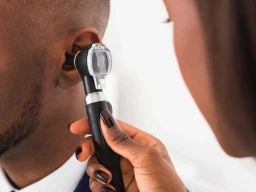
How Audiologists Help with More Than Just Hearing: The Link Between Balance, Tinnitus, and Ear Health
If you're experiencing dizziness, tinnitus, or any ear-related discomfort, don’t wait until it worsens.
Read more
Art Therapy
Art Therapy Improving your well-being and over all mental, physical and emotional health through the creative process is exactly what Art Therapy is. Art Therapists are trained to guide individuals through a variety of different issues – whether it be rehabilitation, counseling, psychotherapy and healing. Art Therapists Art Therapists are definitely not the airy-fairy image you may have in your mind. A trained art therapist will need to have acquired their Masters Degree in both psychology and art in order to practice and treat patients. An
Read more
Health Food Shops
Shopping from Health Food Shops is a sure way to know that your food has been grown and made in the most natural and beneficial way possible. It is a good choice to consider for your body, your health, and the environmen
Read more
Power foods for beginners in body building
For beginners in bodybuilding, diet is just as vital as exercise as food and drink will provide your body with the materials it needs to grow, and the energy it needs to perform in the gym. Consider adding these superfoods or drinks to your diet plan if you want to take bodybuilding to the next level:
Read more
What Does it take to become a Chiropractor
Many people ask me what it takes to become a Chiropractor. How many years of studying? Where do you study? Do you have to study something else before? These kinds of questions I get asked a lot, and it's not dumb questions at all.
Read more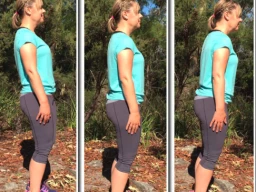
What is Bodyworks Muscle Testing? Understanding the Basics and Benefits
Bodyworks Muscle Testing is a holistic tool for identifying imbalances through muscle responses. Learn how it supports physical, emotional, and preventative health, and why it’s gaining popularity as a non-invasive, personalized approach to wellness.
Read more
How can stress relief techniques help you?
Stress in the modern age is a common struggle for all people, regardless of age or occupation. For many, cycles of stress, worry and constant activity in daily life can be crippling and efficient stress release techniques are becoming increasingly vital.
Read more
Sports Coach
Sports Coaches Whether you played social soccer as a child or you moved onto playing professional tennis, there is no doubt that a dedicated and committed sports coach can make a huge impact on how well you perform both physically and mentally. A Sports Coach can have varying qualifications depending on the level of professionalism of the sport that they teach. They may be somebody who excelled at sport in school, an ex-professional sportsman or even somebody who studied sports science at a university. The Benefits of a Sports Coach • They k
Read more
Obstetricians
An Obstetrician is a medical professional who deals with pregnancy, childbirth and the female reproductive system. An Obstetrician is able to guide you through your pregnancy, right to the very end
Read more
Ballet, enjoyment or career choice?
Ultimately, pursuing a career in ballet requires dedication, passion, and realistic expectations about the challenges and rewards of the profession
Read more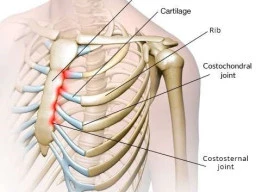
Back pain - Costochondritis - Chiropractor Centurion
The definition of costochondritis is an inflammatory process of 1 or more costochondral cartilages that causes localized tenderness and pain in the anterior chest wall
Read more
Depression
Depression For years, mental illness has been a conversation that most would prefer to avoid. In South Africa alone there are 23 suicides a day. 70% of South Africa’s attempted suicides have been made by people suffering from a mental illness - whether it is depression, schizophrenia or bipolar disorder. With these statistics in mind, it is irresponsible for communities to not have open and honest conversations about mental health and the rise of depression amongst today’s societies. Depression is one of the most common mental illnesses that a
Read more
ICU Nurses
"When you're a nurse you know that every day you will touch a life or a life will touch yours."
Read more









